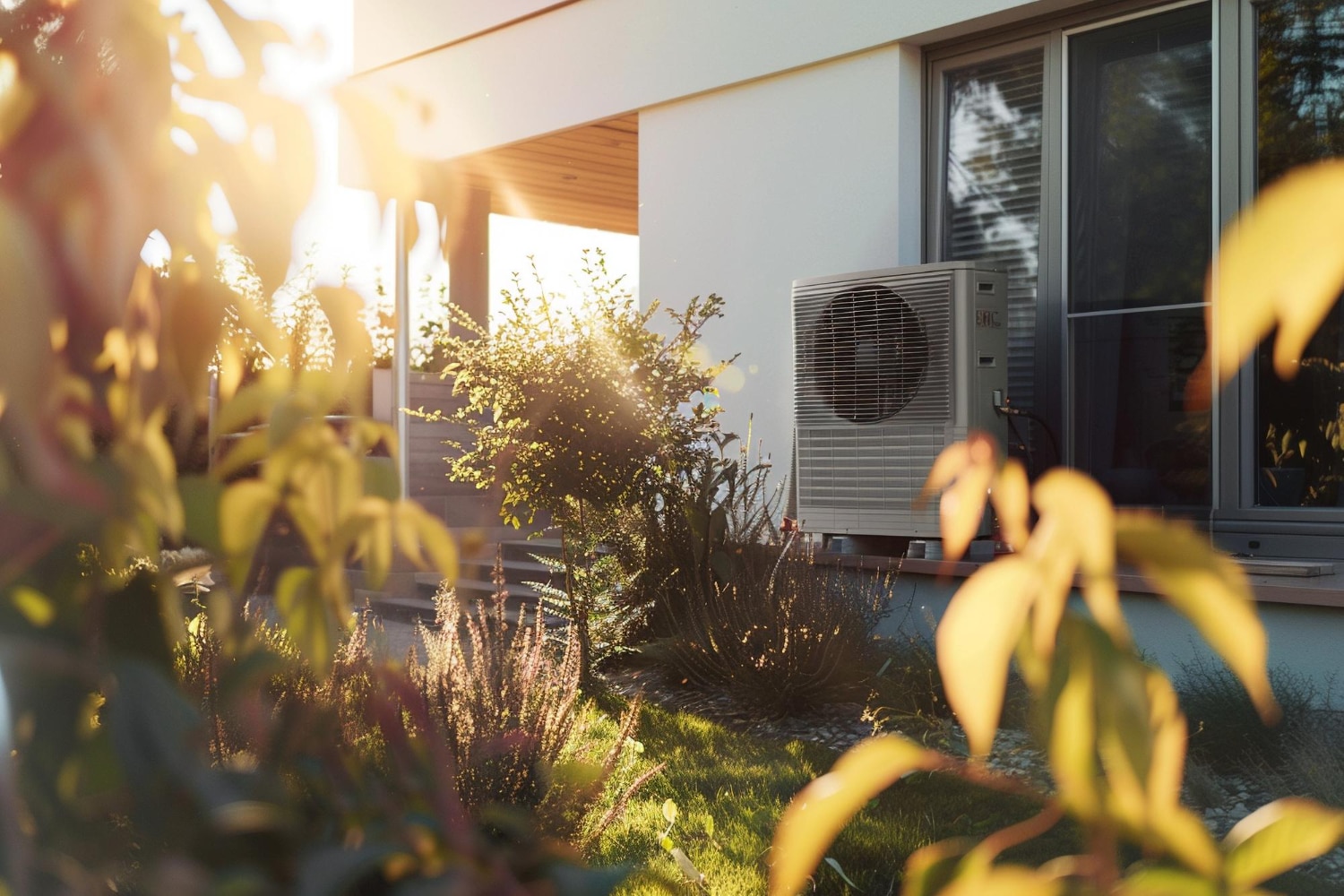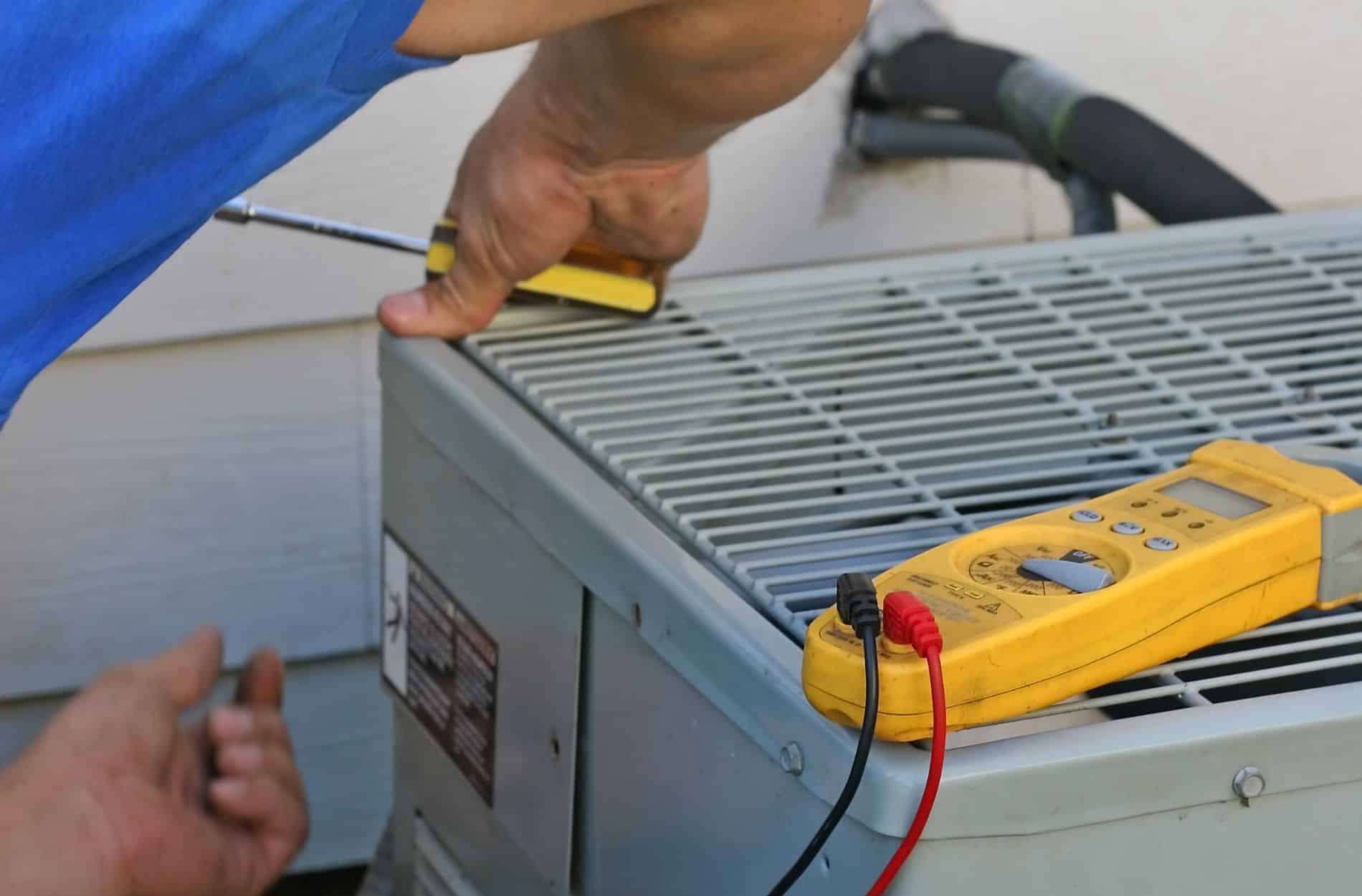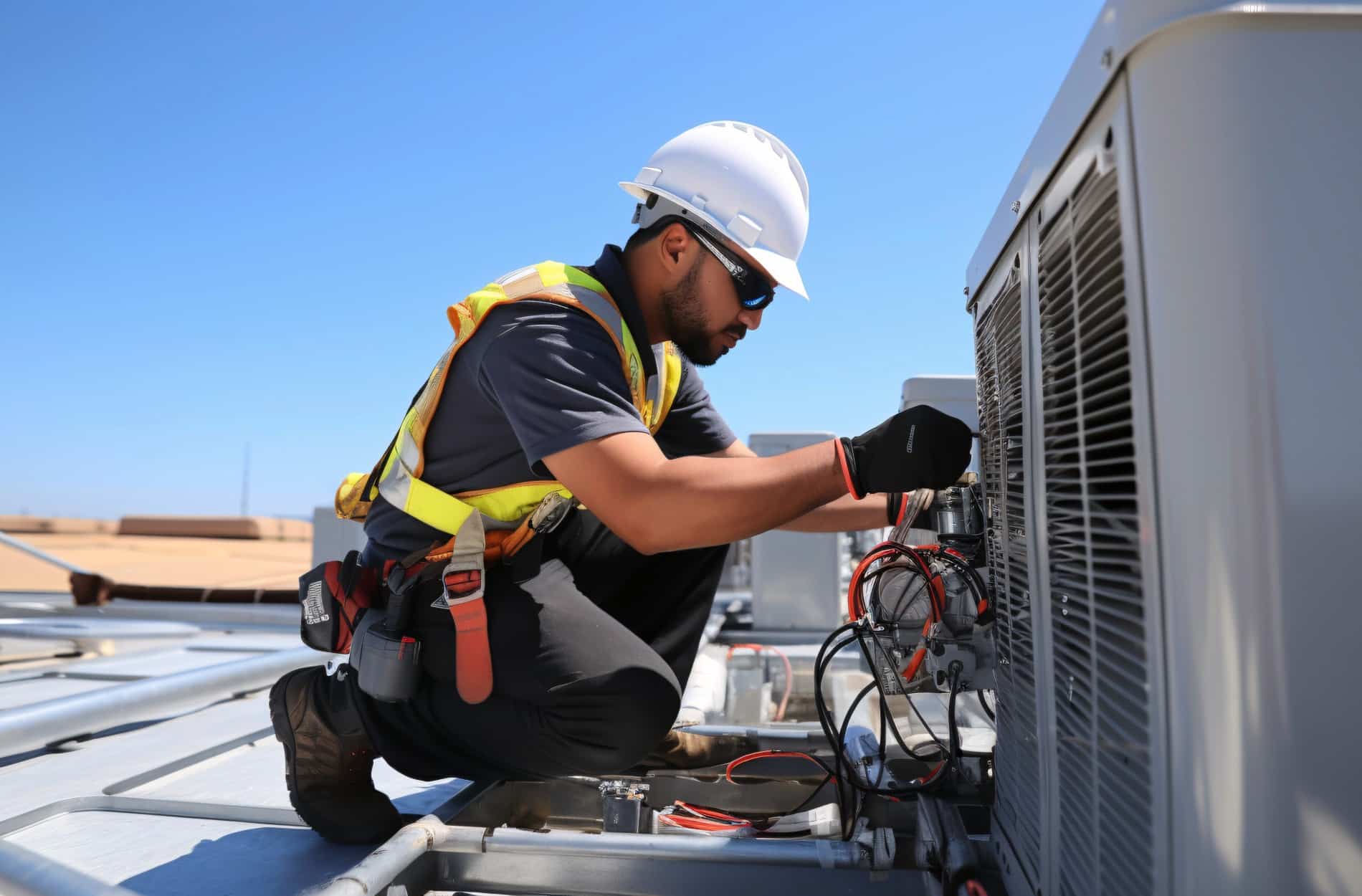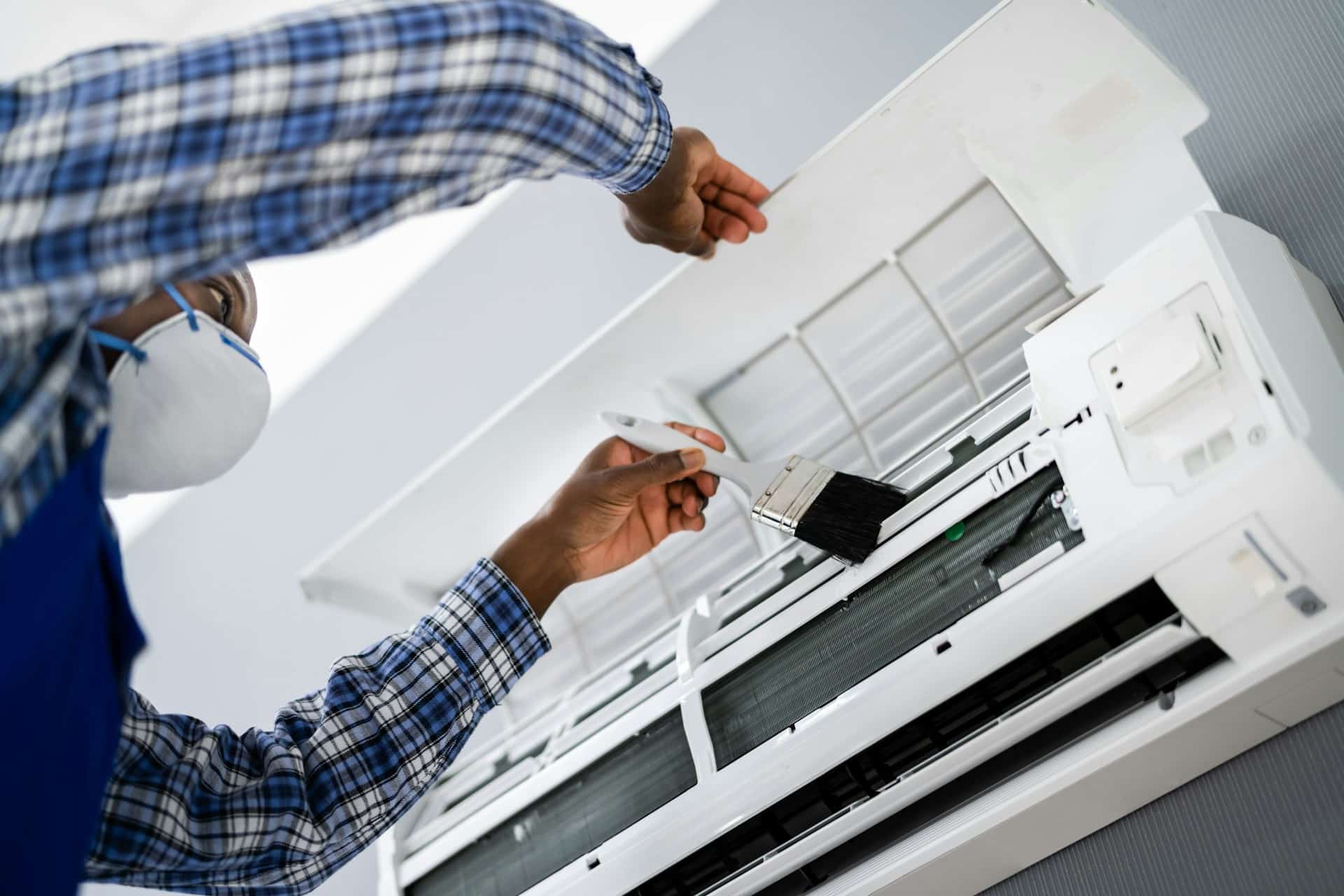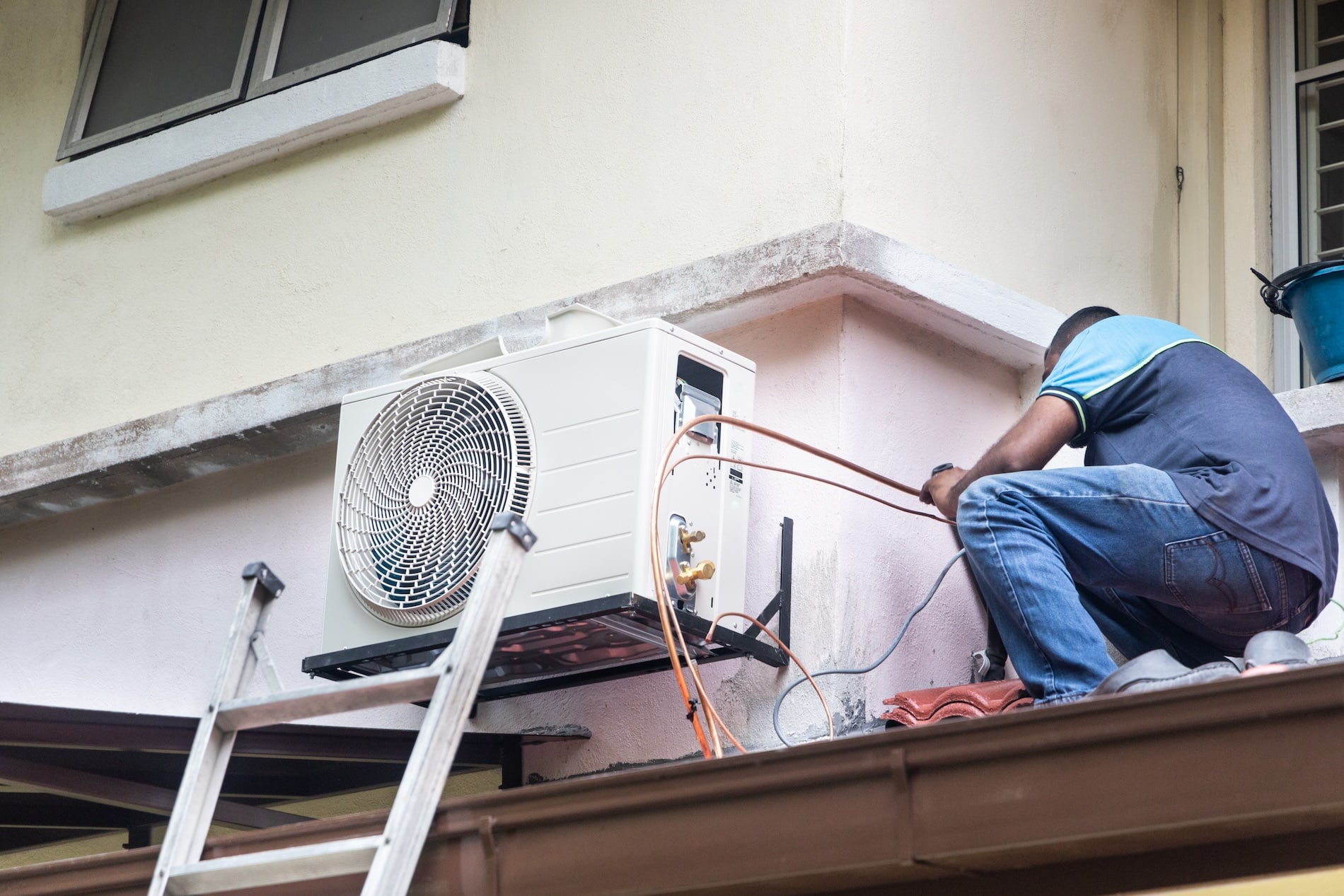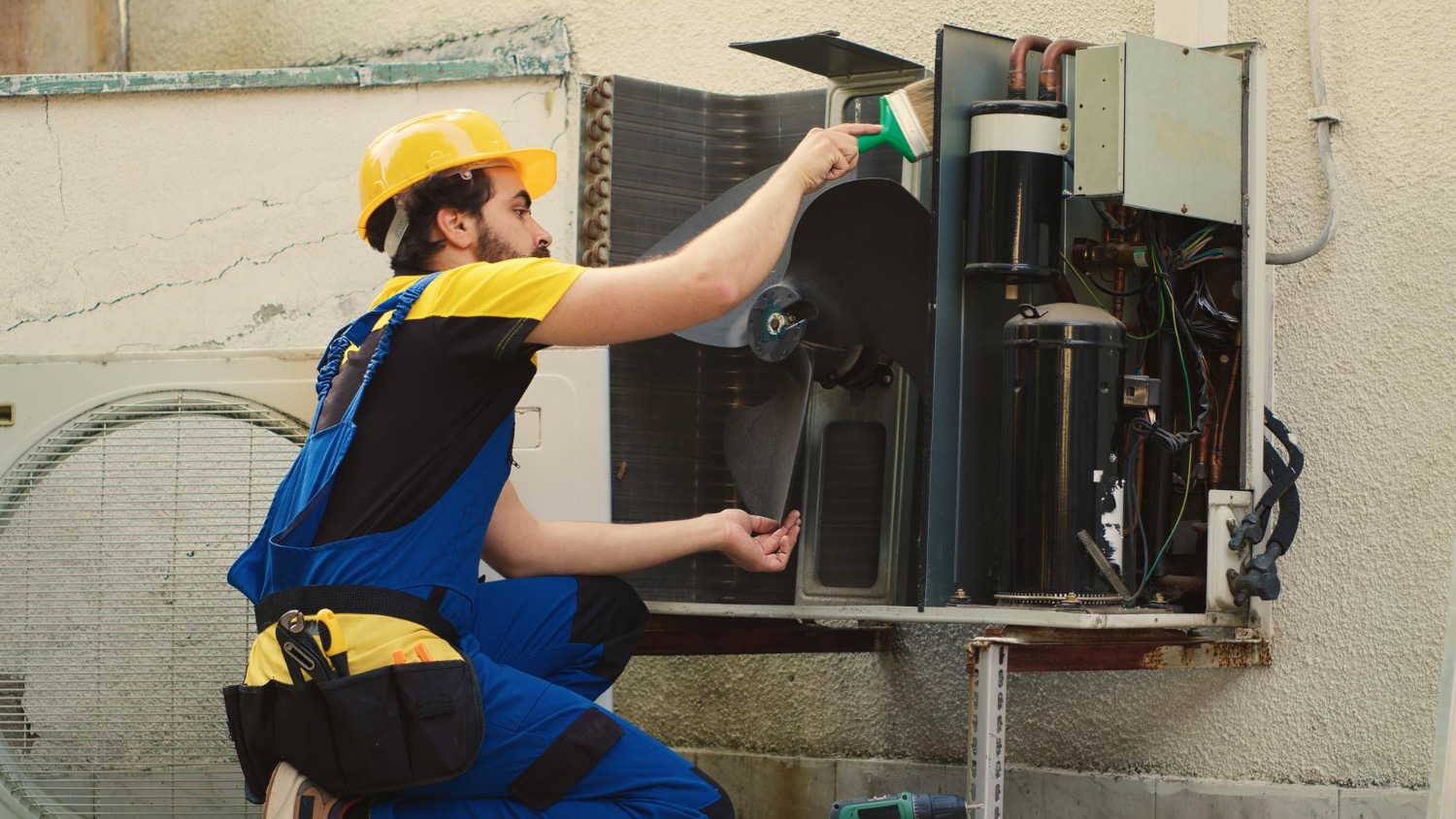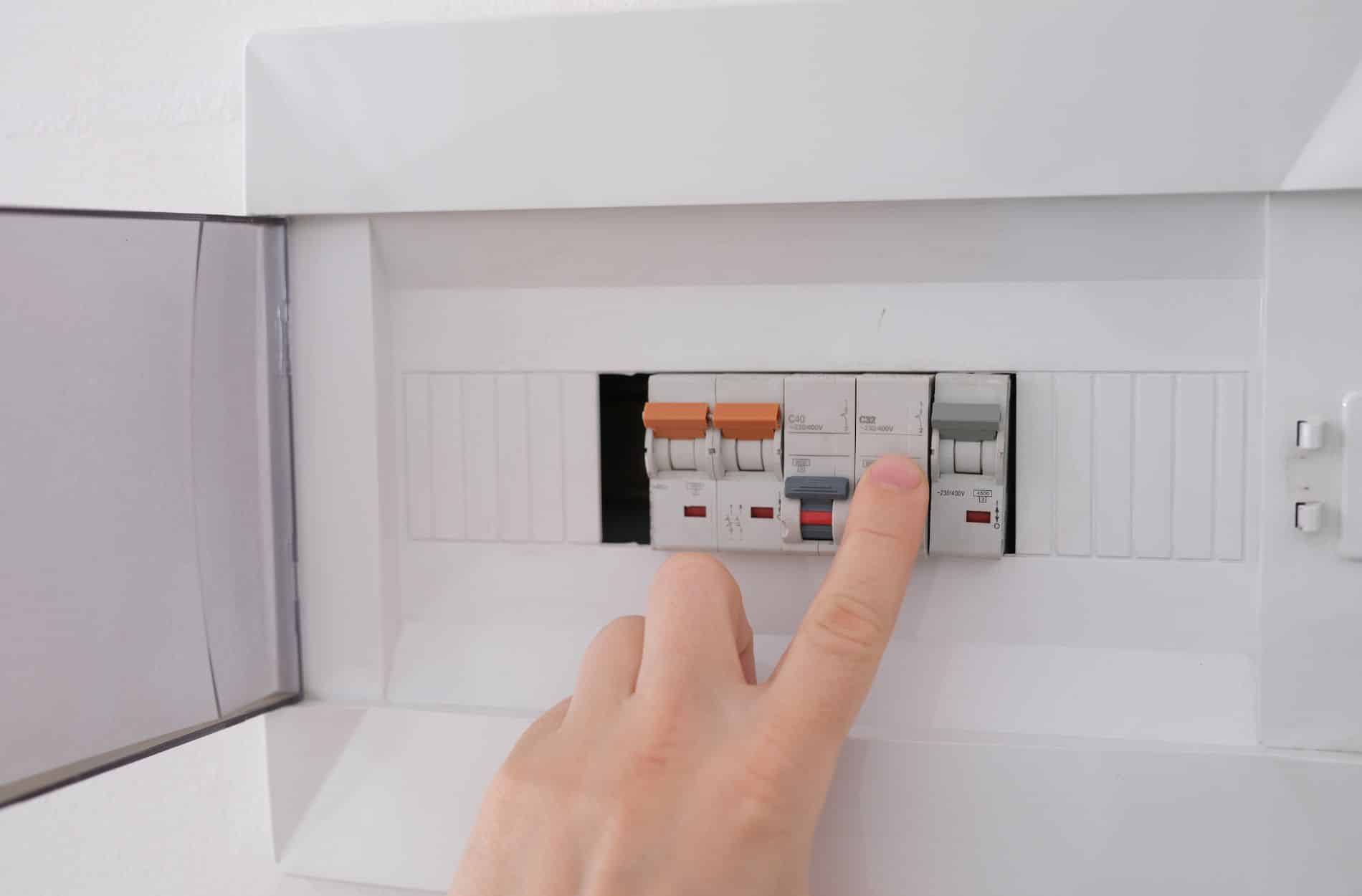Before winter settles into Mississauga, it’s a good idea to give your HVAC system a close look. Cold weather demands a lot from heating systems, and starting off the season without a proper check can become a costly headache. A well-prepared HVAC unit won’t just save you from mid-season surprises. It helps keep your home comfy and your energy use under control.
You don’t need to be a specialist to take a few effective steps. A little planning can go a long way in making sure your heating stays reliable. Something as simple as checking your filters or reviewing thermostat settings can make a big difference once the temperatures drop.
Inspect and Replace Filters
Filters are one of those things that are easy to forget but play a major role. When furnace filters are clogged, airflow suffers. Less airflow means your HVAC system has to put in more work, which usually leads to higher energy use and more wear and tear on parts.
Before winter hits Mississauga, have a look at your filter. Here’s a simple way to do it:
1. Turn off your system before doing anything.
2. Locate your filter slot. It’s usually near the furnace or air handler.
3. Pull out the existing filter and hold it up to the light.
4. If it looks dark or dusty or you can’t see light through it, it’s time to change it.
5. Use a replacement filter that matches the recommended size.
6. Reinsert it with the airflow arrows pointing the correct direction.
Changing the filter every couple of months is a good rule of thumb. If you have pets or someone in the house suffers from allergies, you might need to do it more often. Think of it like replacing a toothbrush. It’s not hard, but if you wait too long, you could end up with way bigger issues.
Check Your Thermostat
The thermostat is like the brain of your HVAC system. It controls when the heat kicks in and how much energy gets used. If it’s not working right, your home may not reach the temperature you expect, or it may run longer than it should.
Start by checking the batteries if your thermostat isn’t wired directly to the power supply. Low battery power could affect its performance or wipe out your programmed settings. Switch the thermostat to heat mode and raise the temperature a few degrees to make sure the system starts properly.
Then, take a few minutes to review your programmed heating schedule. Days are shorter during winter, so remember to adjust your settings if you spend more time indoors in the evenings. Most newer models allow you to set different temperatures for different times of day.
If you’re using an older thermostat, it might need a recalibration if room temperatures don’t match what’s on the display. If things still don’t feel right even after adjusting it, it might be time to replace the unit completely.
Thermostat adjustments are small, but they make a big impact on your comfort and energy use over the course of winter.
Clean and Clear Your Outdoor Unit
When people think about HVAC winter prep, they often focus on what’s inside. But outdoor units still need attention, especially if you’ve got a heat pump. Whether it’s active or not in the cold weather, it should stay clean and free from obstructions.
Start by removing anything that might be covering or blocking the unit. Clean off dead leaves, branches, or grass clippings that could pile up around it. If it has been snowing or raining, clear any ice or snow from the sides and top.
Be careful not to use anything sharp or metal to do the job. Stick to soft brushes or a vacuum with a brush attachment so you don’t damage any components. Always leave ice that’s stuck to the coils or blades for a qualified technician to handle.
Keeping at least two feet of open space all around the unit allows for good airflow. It also gives any service technician easy access if there’s a need for repairs or a cleaning.
Units hidden behind fences, plants, or random yard gear have caused problems we see time and time again. A quick tidy today can save a service call in the middle of February.
Schedule a Professional Maintenance Service
There are plenty of small jobs you can do on your own, but when it comes to a full system check, it’s best to bring in a pro. Booking an HVAC maintenance appointment before the real cold sets in gives your technician time to look for small issues before they turn into big ones.
Here’s a basic list of what a technician will focus on during your winter maintenance:
1. Test your furnace or heat pump to make sure it’s operating safely.
2. Inspect gas lines for any potential leaks.
3. Make sure the blower motor and belts are working well.
4. Check the igniters and safety switches for proper startup.
5. Look over vents and ducts to ensure there’s no blockage or build-up.
6. Verify that your thermostat settings match the room temperature.
Experienced eyes can catch things you’d miss. For example, something like a failing blower motor might not sound too concerning now, but could easily turn into a full system failure once the cold makes your system work harder.
If, after checking everything else, your home still doesn’t feel warm enough, a technician can troubleshoot deeper issues. These might include a dirty flame sensor or blocked air ducts. In more serious cases, they can identify carbon monoxide risks or wiring problems that should never be ignored.
This is not the time to guess. If you want your heating set up to stay solid through the coldest weeks, professional maintenance is the way to go.
Keeping Warm and Efficient in Mississauga
Mississauga winters don’t always follow the script. One day you’ve got clear skies, and the next, freezing winds make your home feel less than cozy. Your HVAC system should rise to the challenge, but only if it’s looked after correctly.
Doing a few simple things ahead of time—replacing filters, checking your thermostat, tending to your outdoor unit, and getting expert maintenance—can help it perform better all winter long.
These steps don’t require big renovations or loads of time. But they do bring improved comfort, steadier heating, and fewer spikes in your electricity bills.
Preparing your HVAC system today means fewer cold nights under an extra blanket and more peace of mind when the snow really starts falling. Think of it like putting on your winter boots. You wouldn’t head out in slippers when the sidewalk’s iced over. Treat your HVAC system with that same level of prep, and it’ll carry you comfortably through the season.
Ensure your HVAC system is always at its best with regular maintenance strategies. For effective winter preparation, consider the importance of duct cleaning in Mississauga to enhance air quality and system efficiency. Furnace King Home Services provides comprehensive solutions to keep your home warm and comfortable. Trust our team to deliver top-tier service and keep those chilly nights at bay.

